Riot sues Mobile Legends: Bang Bang maker for reasons you can probably guess
Riot Games accuses developer Shanghai Moonton of ripping off League of Legends and playing "hide the ball" since 2017.
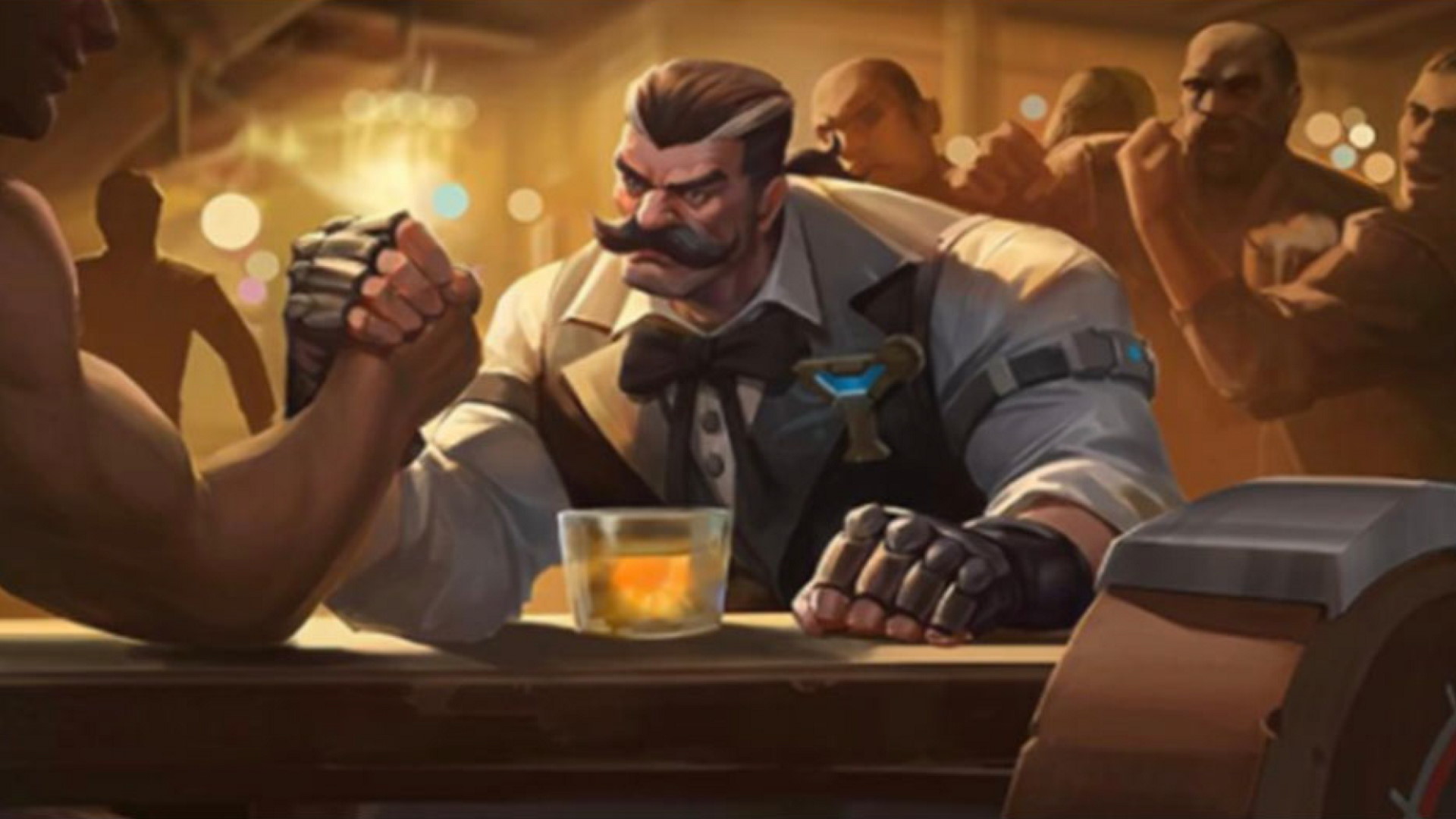
League of Legends studio Riot Games is suing Mobile Legends: Bang Bang developer Shanghai Moonton Technology Company, saying the studio is engaged in a "deliberate and sustained campaign to free ride on Riot’s highly valuable rights in the mobile videogame League of Legends: Wild Rift."
The lawsuit, available in full from Polygon, is actually rooted in a five-year-old beef between Riot and Moonton over Mobile Legends: Bang Bang and another game called Mobile Legends: 5v5 MOBA. In that lawsuit, Riot said Moonton "developed and distributed a succession of mobile games designed to trade off Riot’s well-known and valuable intellectual property," and that it took aggressive steps to camouflage its illegal activity: After Riot notified Google about 5v5 MOBA, for instance, Moonton removed it from the Google Play Store, and then immediately released a new game, Mobile Legends: Bang Bang.
"However, Mobile Legends: Bang bang was not a new game at all, but in fact was the exact same game as Mobile Legends: 5v5 MOBA, with some modest changes," Riot claimed in the 2017 suit, available from Dot Esports. "This ploy of 'hide the ball' was part of Moonton’s deliberate business strategy, designed to hamper Riot’s ability to protect its intellectual property. Meanwhile, even though Moonton now has received multiple infringement notices from Riot, it continues to infringe and to profit from its infringement."
That case was dismissed after a California court ruled that the matter would be more appropriately pursued in China. Riot's parent company Tencent then got involved and won a $2.9 million judgment against Xu Zhenhua, the CEO of Moonton. Mobile Legends: Bang Bang remained available, however, which brings us to the latest lawsuit.
It's not just the game itself that Moonton rips off, according to Riot. The lawsuit also alleges the Chinese studio of copying "promotional materials, trailers, and even esports content." After Riot transitioned to a new logo for League of Legends in 2019, for instance, Moonton made a similar change to the Mobile Legends: Bang Bang logo, adopting a more stark, block-letter look in a gold font.
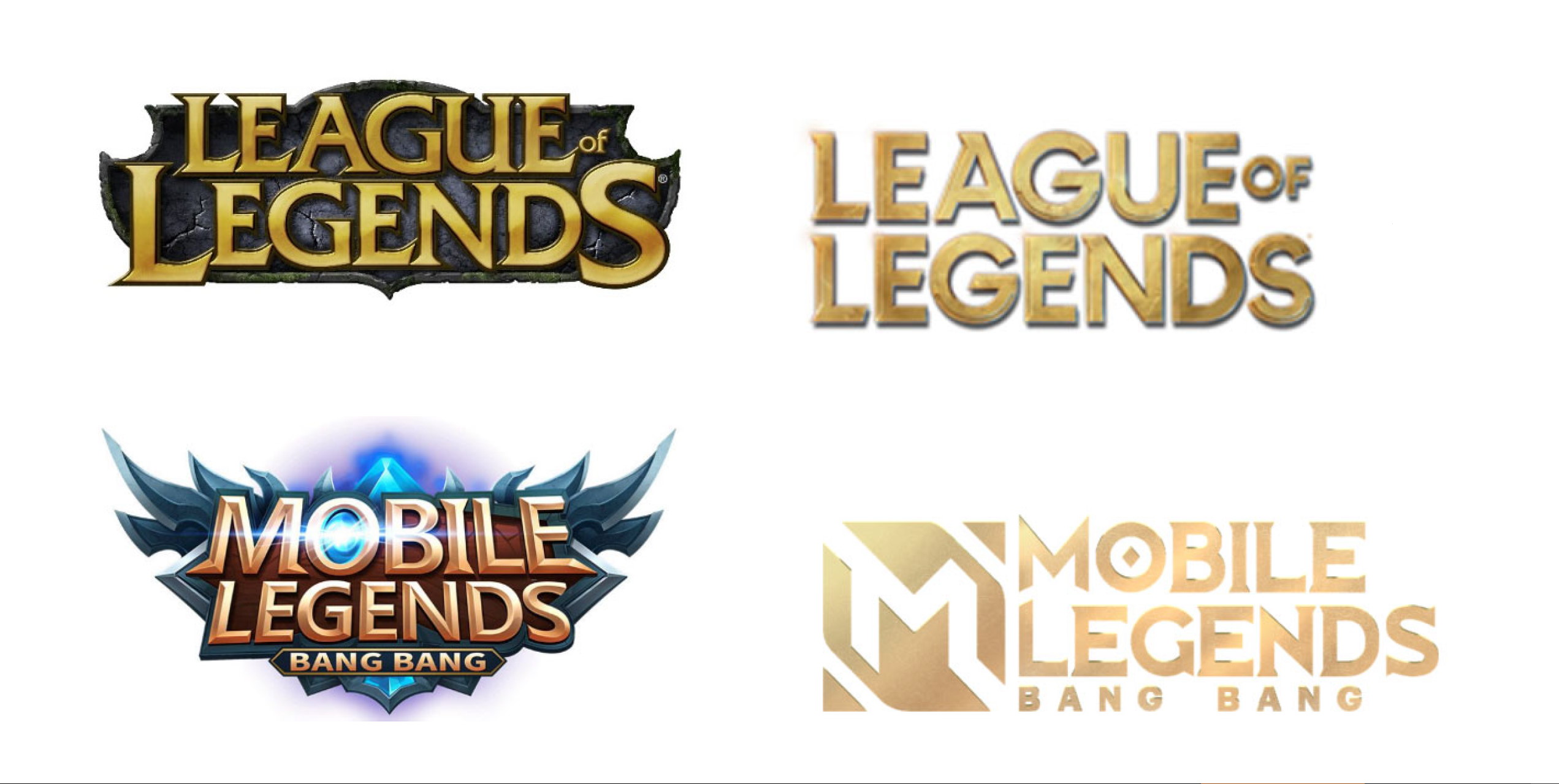
The lawsuit also notes a number of similarities between League of Legends and Mobile Legends characters, some subtle and others not so much.
"Riot has invested and continues to invest significant time, money, resources, and creativity in developing, designing, promoting, and updating LoL, Wild Rift, and related content. Meanwhile, Moonton freely capitalizes on Riot’s investment. And Moonton is not incentivized to innovate and create original material, so long as it continues to be able to copy from Riot. Allowing Moonton to continue to freely and unfairly profit from Riot’s creativity directly contravenes the goals of the Copyright Act and will undoubtedly deter others from making a similar creative investment in the future."
The biggest gaming news, reviews and hardware deals
Keep up to date with the most important stories and the best deals, as picked by the PC Gamer team.
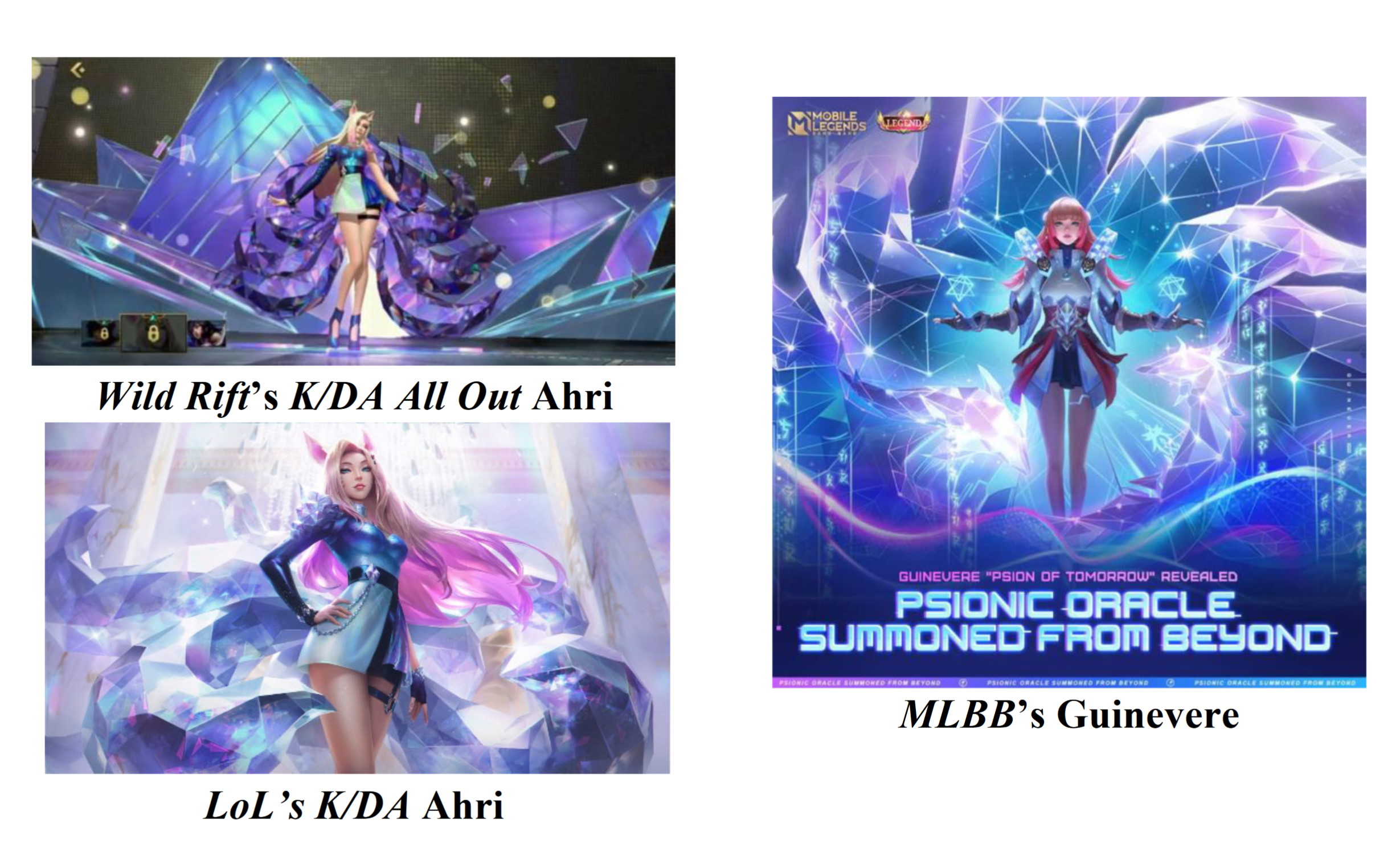
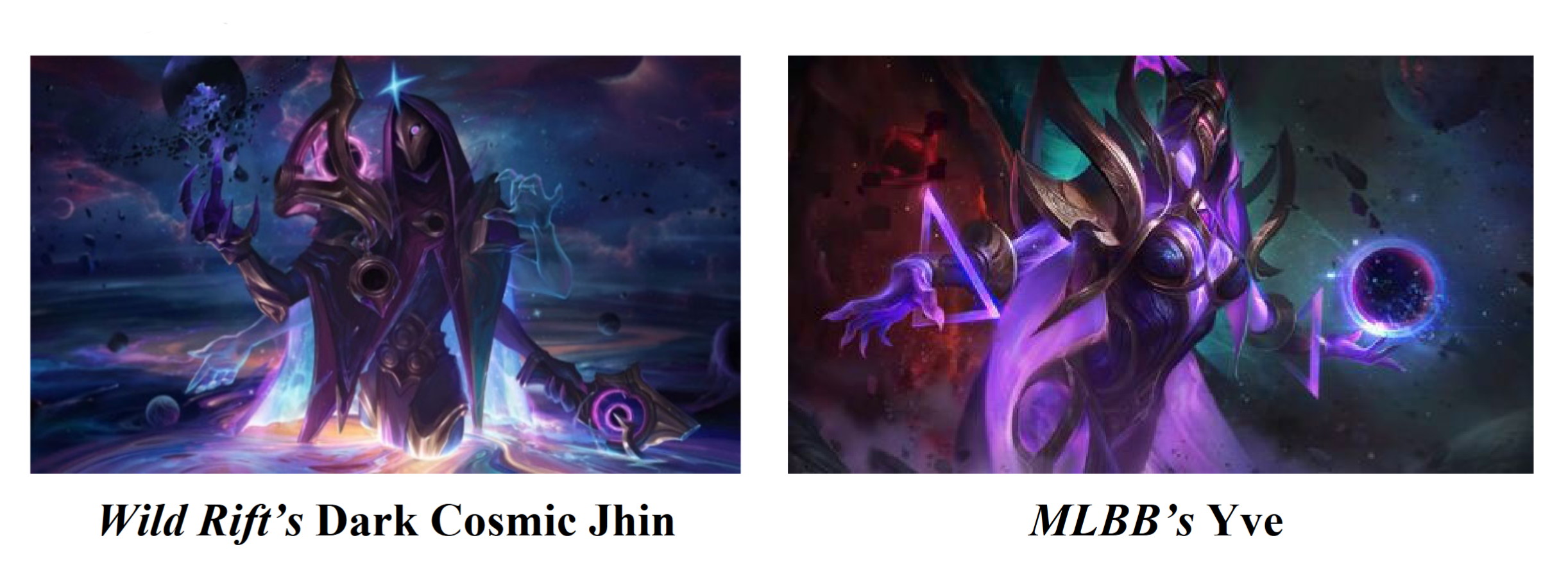
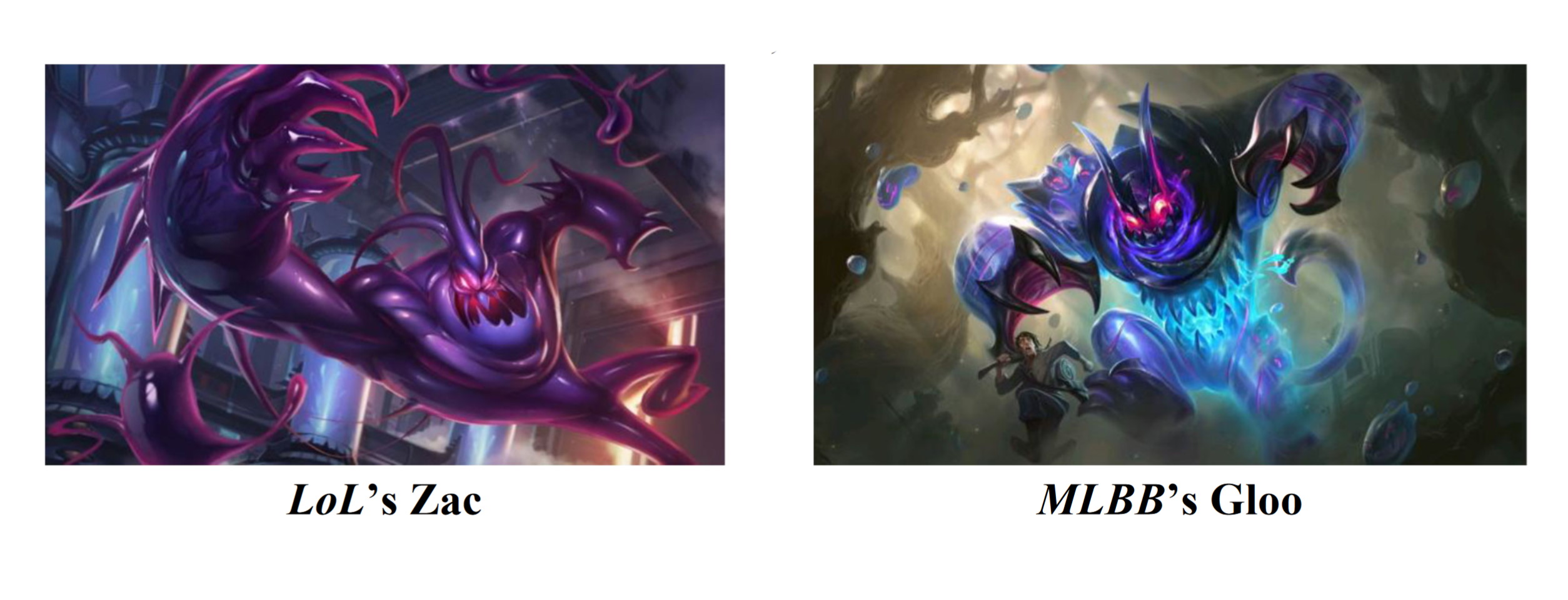
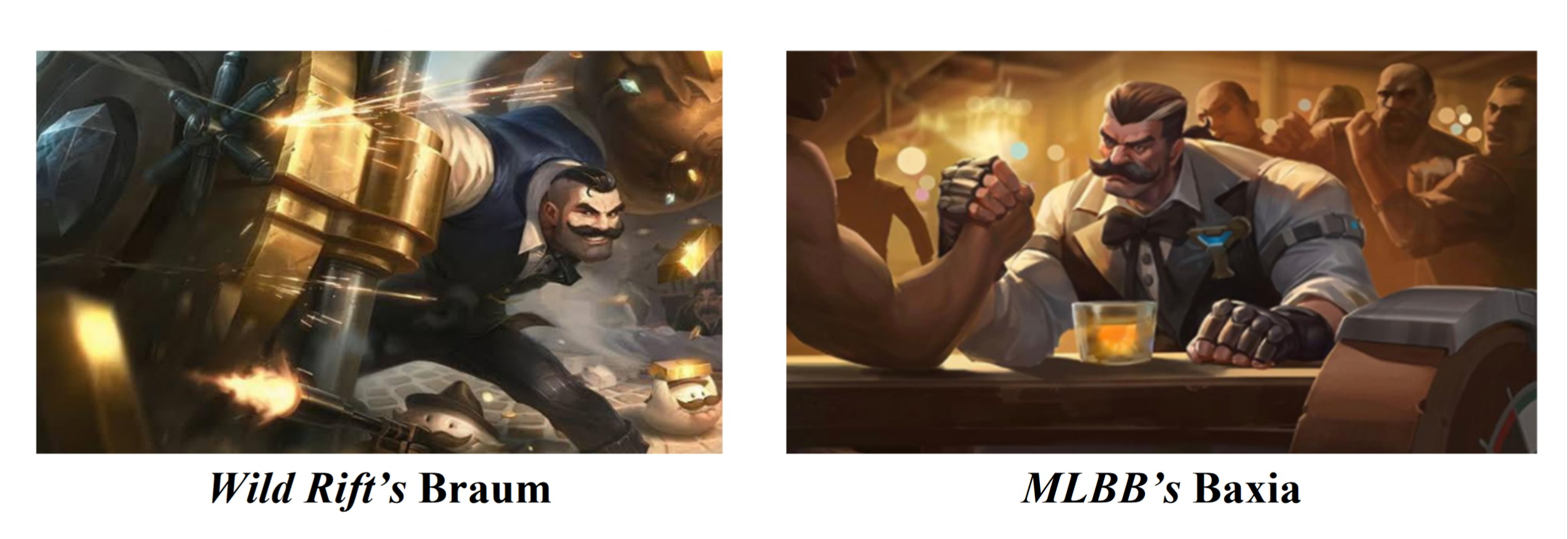
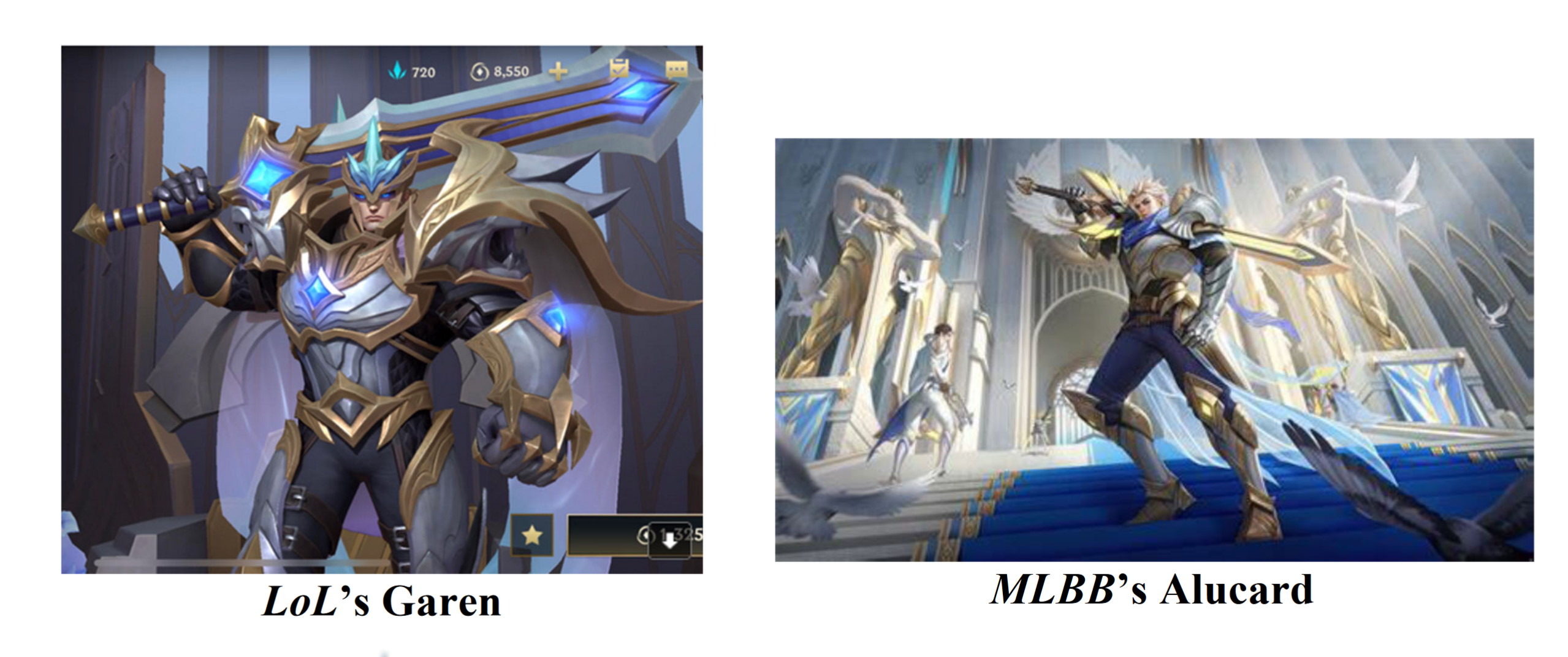
It's not clear how Riot aims to keep this lawsuit from being dismissed over jurisdictional questions, as the earlier one was, but it notes that "the audiovisual elements of Wild Rift and LoL" were mainly developed in California, where Riot is based, and that Moonton has "significant connections" in the US as well, including a US division based in California. It also claims that Moonton has contracted with Akamai Technologies, a US-based company, to host servers and network services for Mobile Legends: Bang Bang's North American website, "revealing Moonton's intention to target MLBB at the United States market."
Riot is seeking an injunction against Moonton, financial damages including all profits earned through the infringement, and legal costs. I've reached out to Riot for more information and will update if I receive a reply.

Andy has been gaming on PCs from the very beginning, starting as a youngster with text adventures and primitive action games on a cassette-based TRS80. From there he graduated to the glory days of Sierra Online adventures and Microprose sims, ran a local BBS, learned how to build PCs, and developed a longstanding love of RPGs, immersive sims, and shooters. He began writing videogame news in 2007 for The Escapist and somehow managed to avoid getting fired until 2014, when he joined the storied ranks of PC Gamer. He covers all aspects of the industry, from new game announcements and patch notes to legal disputes, Twitch beefs, esports, and Henry Cavill. Lots of Henry Cavill.

